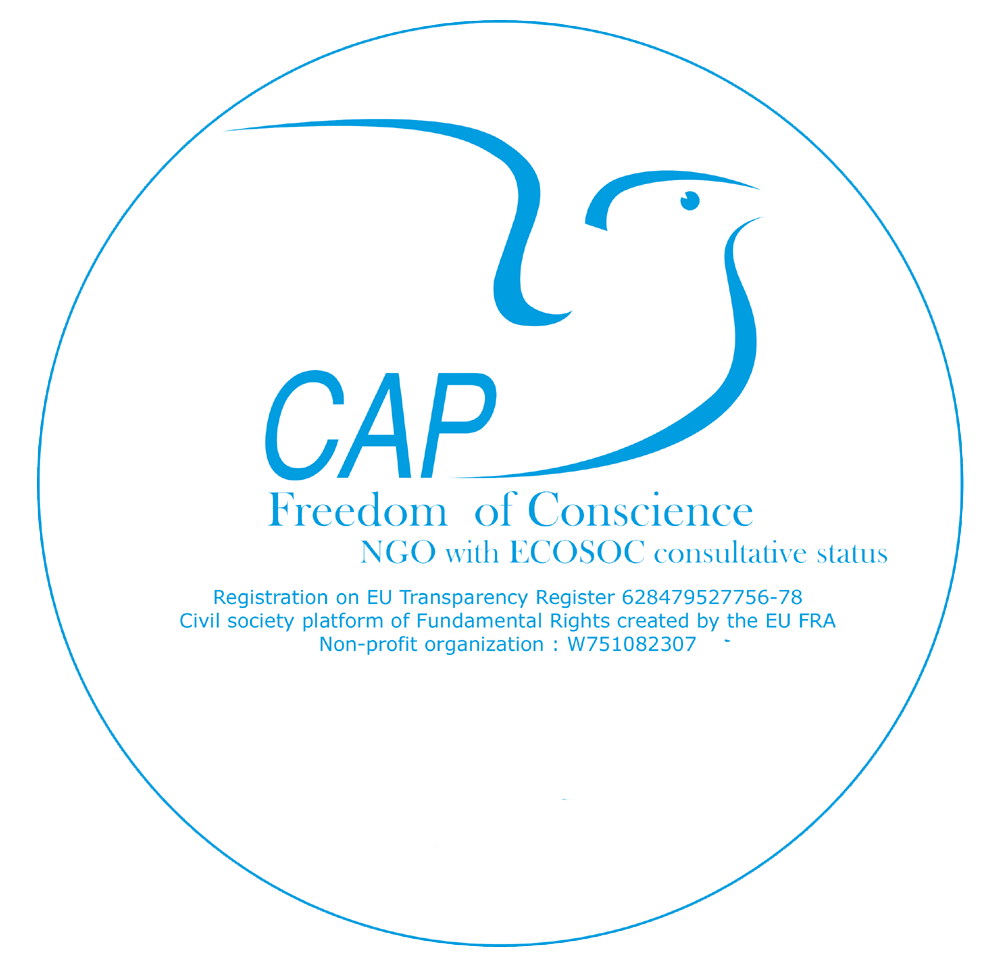Introduction:
Hate crimes pose a significant threat to societal harmony and individual safety, necessitating urgent and effective action. The OSCE’s Office for Democratic Institutions and Human Rights (ODIHR) has underscored the critical need to prosecute these crimes as distinct offenses, emphasizing their profound impact on victims and communities.
Context of Hate Crimes:
Hate crimes are criminal acts motivated by bias or prejudice against particular groups, often targeting individuals based on their religion, ethnicity, sexual orientation, or other characteristics. These crimes not only harm victims but also send shockwaves through communities, undermining social cohesion.
Analysis of OSCE Recommendations:
The OSCE stresses the importance of recognizing and prosecuting hate crimes to uphold justice. Their practical guide outlines strategies for addressing the complex relationship between hate crimes and hate speech, advocating for comprehensive legal frameworks that accurately reflect the severity of these offenses.
Resources and Tools:
The OSCE’s practical guide serves as a vital resource for judicial authorities, offering detailed recommendations for prosecuting hate crimes. This guide assists in navigating the intersection of hate crimes and criminalized hate speech, providing clear protocols for law enforcement and legal professionals.
Role of Institutions and Civil Society:
Effective responses to hate crimes require collaboration between governments, law enforcement agencies, and civil society organizations. Training and awareness programs are crucial for equipping stakeholders with the knowledge and skills needed to combat hate crimes effectively.
Testimonials and Case Studies:
Victims of hate crimes often face lasting psychological and social repercussions. By sharing their stories, we can better understand the human impact of these crimes. Additionally, countries that have successfully implemented measures to address hate crimes offer valuable lessons and models for others to follow.
Call to Action:
Readers are encouraged to support legislative efforts and community initiatives aimed at combating hate crimes. By raising awareness and advocating for stronger legal protections, individuals can play a pivotal role in fostering safer, more inclusive societies.
Conclusion:
Addressing hate crimes requires a concerted effort from all sectors of society. Through the implementation of OSCE recommendations and active community engagement, we can work towards a future free from the fear and division caused by hate crimes. Together, we have the power to effect meaningful change and promote justice for all.
Source :
https://www.osce.org/odihr/580378
#StopHateCrimes #HumanRights #Tolerance






